Day 1
0.5 kg of plastic waste collected from rivers in Germany
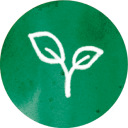 Paddling for clean rivers and seas! Paddling for clean rivers and seas!
Paddling for clean rivers and seas! Paddling for clean rivers and seas!
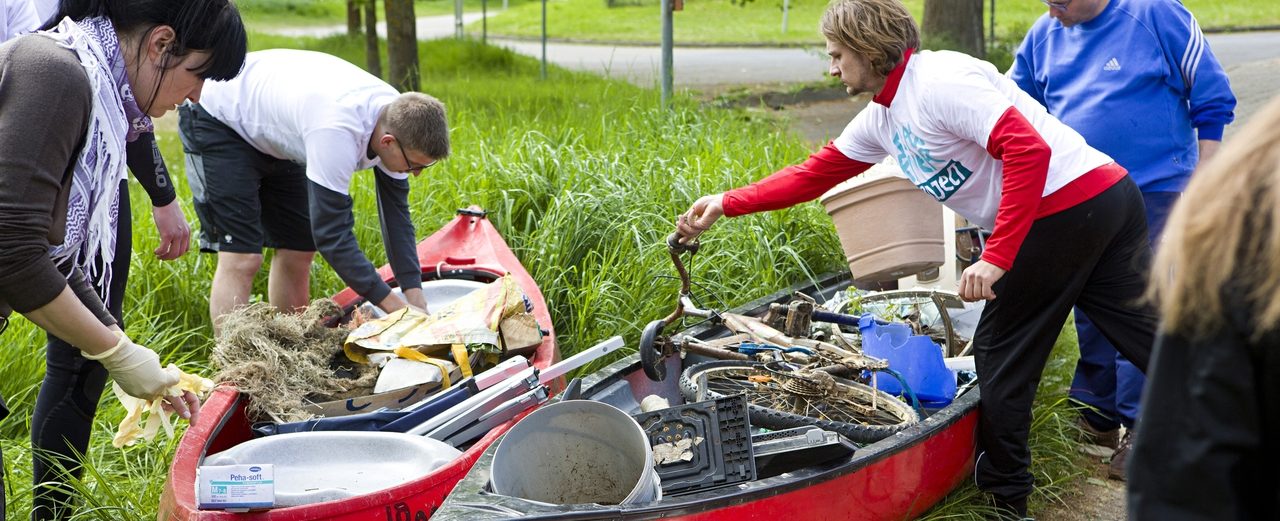
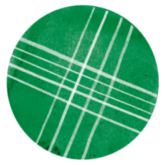
Less plastic waste in German waters

need
Protecting waters and the marine ecosystem by reducing plastic pollution.
activity
Organizing regular clean-up events to remove plastic waste from nature and raise awareness about the problem.
Measurable performance
Number of kg of plastic waste collected from nature and returned to the disposal cycle.
Result
Water pollution is reduced and people are made aware of the problem.
Systemically relevant impact
Marine ecosystems are less polluted and a change in awareness and sustainable use of the environment is taking place.
background
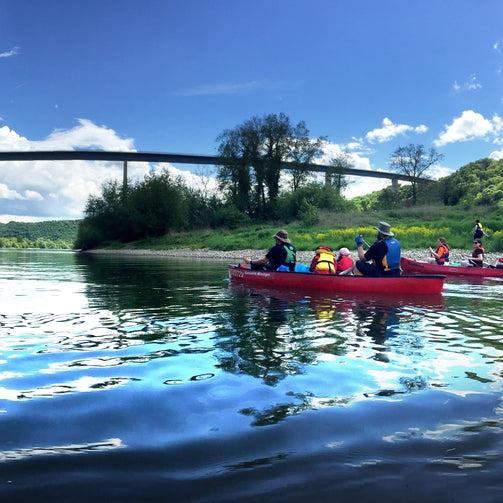
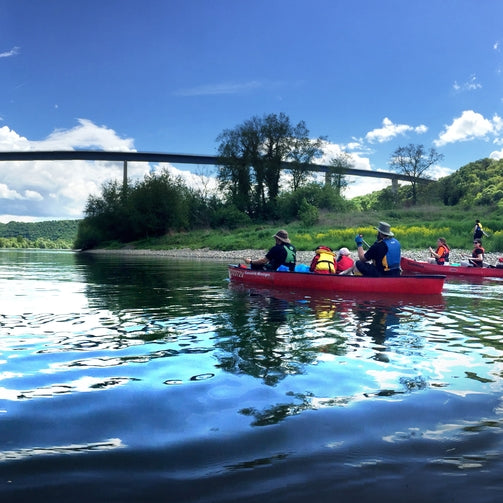
The good deed
AboutGermany

Berlin
Capital city

82,100,000
Population
46.136
Gross domestic product
per capita per year

Rank 5 of 189
Human Development Index
(Human Development Index)

